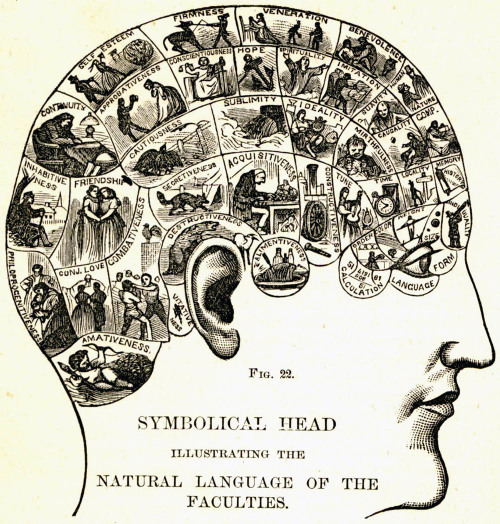 |
| The mind is amazing. Source. |
For example, read Mosiah 3:11:
For behold, and also his blood atoneth for the sins of those who have fallen by the transgression of Adam, who have died not knowing the will of God concerning them, or who have ignorantly sinned.Do you see any patterns here? Let me give you a hint. Look for the clauses that begin, "who have." There are three:
- "who have fallen by the transgression of Adam"
- "who have died not knowing the will of God concerning them"
- "who have ignorantly sinned"
I originally noticed this pattern as a memorization help. I thought to myself, "okay, here come the three 'who haves'." But as I continued to work the memory, and as the memorization of this verse became easier, I found that these phrases have something more in common than just their first two words. Each phrase is a group of people for whom Christ's blood atones. Check out this paraphrase:
Christ's blood atones for the sins of those who have...who have...who have.By memorizing this verse I made connections that I would not have if just reading the verse through, even aloud. (No wonder memorizing scriptures is so encouraged!)
I have found the same type of thing to be true. When memorizing music, I have to find things to help my memory. Repetitive passages, listening for the melody line, singing notes in my head, etc. But as I do this, I become more familiar with the piece as a whole, and am able to bring the audience through it, because I know where I'm going with it, and where I want them to end up.
Connections help memory, and memory helps connections!
I'm not gonna lie, when I was first working on memorizing my versus, I was a little annoyed that he repeated the exact same phrase (and he said unto me: Awake) twice. I was sure I was going mess it up and say the part that supposed to follow the second repetition after the first repetition or vice versa. But as I continued to examine my portion of the speech, I realized that the repetition was important and helped to show the reality of the Angelic visit that occurred (and I never mixed the different parts up).
ReplyDeleteI've noticed some thing about connections and music. I'll be in church and looking at a hymn and I won't recognize a hymn at all, but once the organ starts playing, I remember it completely.
I really liked your description of bringing the audience through the piece of music when you know where you want them to end up. That is sooooo true. When I'm serious about learning a piece of music, I have to listen to it so many times that I can hear every nuance in phrasing, every change in dynamics.
ReplyDeleteI used to take piano through a unique program called The Suzuki Method. It was based on the principle that if children learn language orally, then shouldn't they learn music much the same way? With a focus on listening, this method allows children as young as 3 years old to begin playing the piano. Opposing traditional piano lesson structure, students don't even begin reading music until they are into the third book in the method.
ReplyDeleteBy so doing, students become incredibly sensitive to patterns in the music that then helps them pick up the music quickly and remember it well once they do begin reading. I've seen children do incredible things with this method of learning piano. Because of my experiences with Suzuki, I think we need to teach more pattern sensitivity in our education systems today.